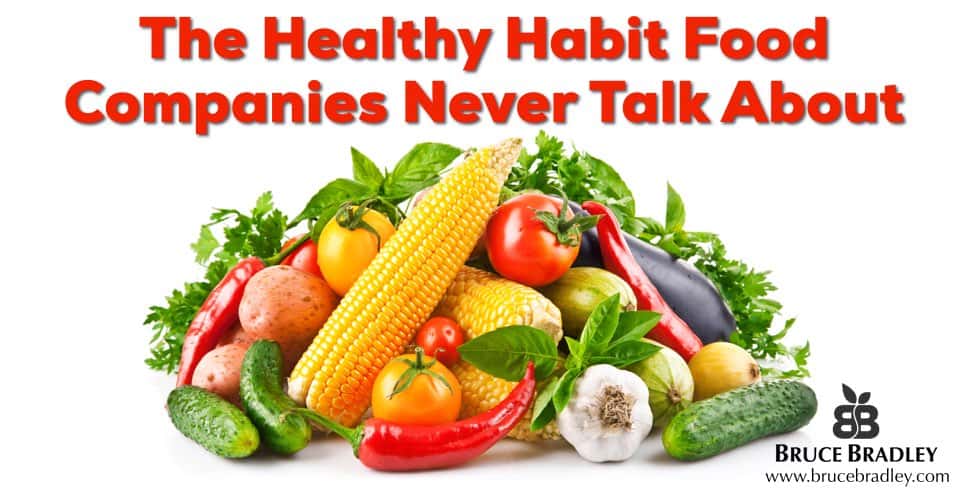 What’s the one healthy habit you never hear food companies talk about? It’s the power of vegetables and other plants in our diets. Don’t believe me? To help illustrate this point I took a quick look at advertising spending for the past several years, and do you want to guess what percent of spending supported healthy, minimally processed fruits, vegetables, nuts, or other plants? Less than 0.1%! 1
What’s the one healthy habit you never hear food companies talk about? It’s the power of vegetables and other plants in our diets. Don’t believe me? To help illustrate this point I took a quick look at advertising spending for the past several years, and do you want to guess what percent of spending supported healthy, minimally processed fruits, vegetables, nuts, or other plants? Less than 0.1%! 1
Think about it. Despite all the weight loss and “healthy food” ads on television, how often do you see one for vegetables? Recently I’ve seen a couple for Bird’s Eye and Green Giant sauced-up vegetables, but in the big scheme of things, fruits, vegetables, nuts, and legumes get the short end of the stick. To make matters worse these days you’re more likely to find companies advertising that their highly processed junk food is as good as if not better than real fruits and vegetables, something that couldn’t be further from the truth. Here’s just one example of this strategy brought to life by FiberOne’s Oat and Chocolate Chewy Bars:
http://youtu.be/SPrLp-6Nmos
So why don’t food companies spend more to promote real, plant-based foods like vegetables to satisfy our healthy cravings? After working at three different food companies and running countless brands I can honestly tell you it all boils down to one thing—profits. It’s sad but true, Big Food is addicted to profits. And why can’t food companies make more money selling vegetables? It breaks down into six factors that when paired with corporate greed have helped create an environment which has triggered a vicious, downward cycle in public health marked in particular by increased obesity and incidence of Type II diabetes:
- Minimally processed plant-based foods like fruits and vegetables are viewed as commodities. Even when branded it’s very difficult to justify a higher price that will result in high enough profit margins that can fund a significant about of advertising or promotion.
- Fruits and vegetables also receive very little in the form of government subsidies so they are oftentimes more expensive than their highly processed counterparts.
- Conversely, processed foods have a distinct profit advantage since they are formulated primarily with subsidized commodities such as corn, wheat, and soybeans.
- Existing regulations allow processed foods to successfully position themselves as economic substitutes for fruits, vegetables, and other plant-based foods by using misleading health claims that make them appear “just as good”.
- Without having to answer for their true, negative health consequences processed foods brands can leverage convenience, cheaper prices (due in part to federal commodity subsidies), and addictive taste to portray themselves a “better choice” than real food and win over consumer purchases.
- Finally, thanks again to federal subsidies of commodity crops, food companies make much higher profit margins on processed foods which can then be invested in more advertising and promotion to grow processed foods at the expense of vegetables, fruits, and other plant-based foods.
So what can be done to reverse this situation? Ultimately we’re going to have to address the following core, underlying issues in order to make progress:
- Eliminate federal subsidies of junk food
- End Big Food’s deceptive marketing, labeling, and promotional practices
- Test and implement new incentives that encourage healthy eating habits
The first step toward making these changes a reality is understanding and admitting we have a problem, and that’s probably how you’ve found my blog. And as the most-outspoken former Big Food marketer around, I’m doing my best to shine more light on this problem. So if you know someone who might be interested in my blog, please share a post with them. The problem we’re facing with our food system is a deep, cultural one. It took us several decades to get to this point, and convincing people that we even have a problem is a challenge. But with your help we can all make a difference!
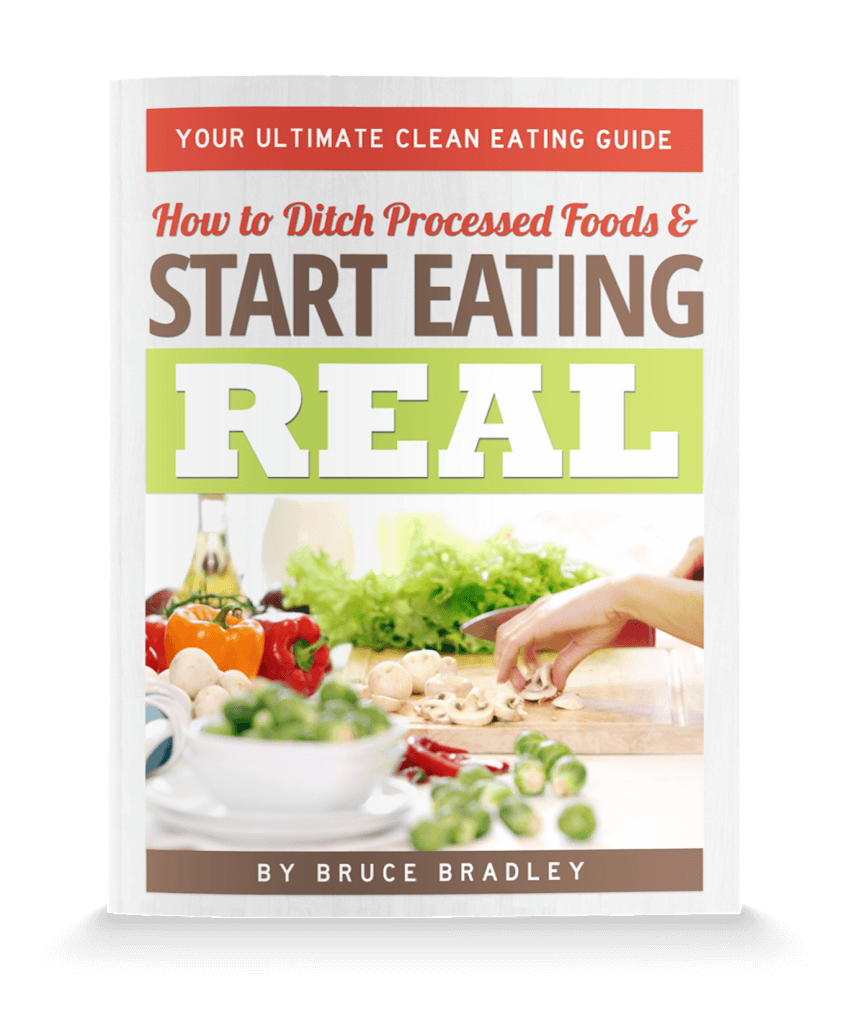
GET MY FREE BOOK NOW!
End the confusion! Learn what’s really in your food and how to take simple steps toward eating healthier!
EAT HEALTHIER TONIGHT!
If you enjoyed this article or recipe may I ask you a favor? Please share it with a friend. Why? Because together we can make a difference and help each other live happier and healthier lives. Thank you!
Notes:
- Fruit juice advertising excluded since research demonstrates fruit juices provide significantly less nutritional benefit than their whole fruit counterparts. ↩

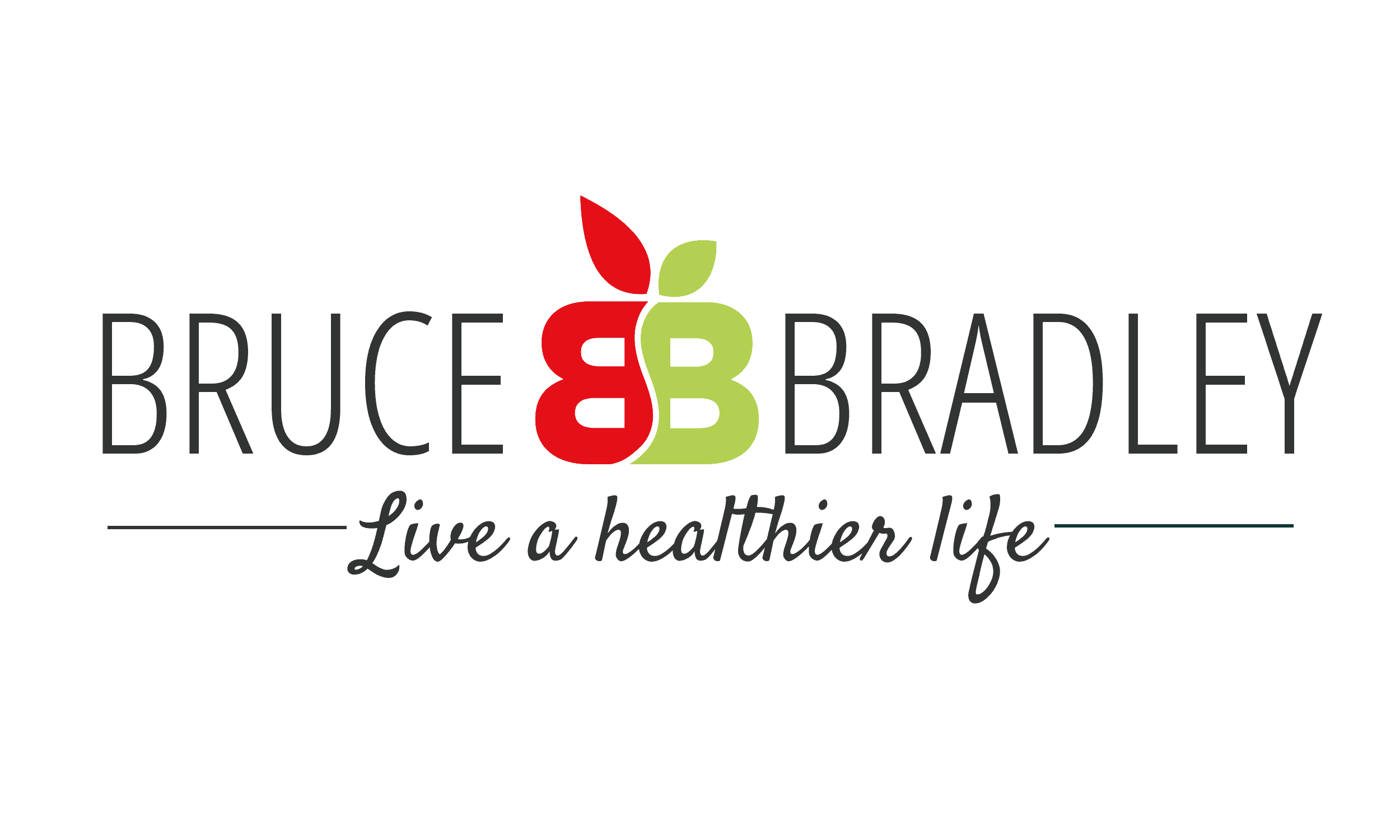



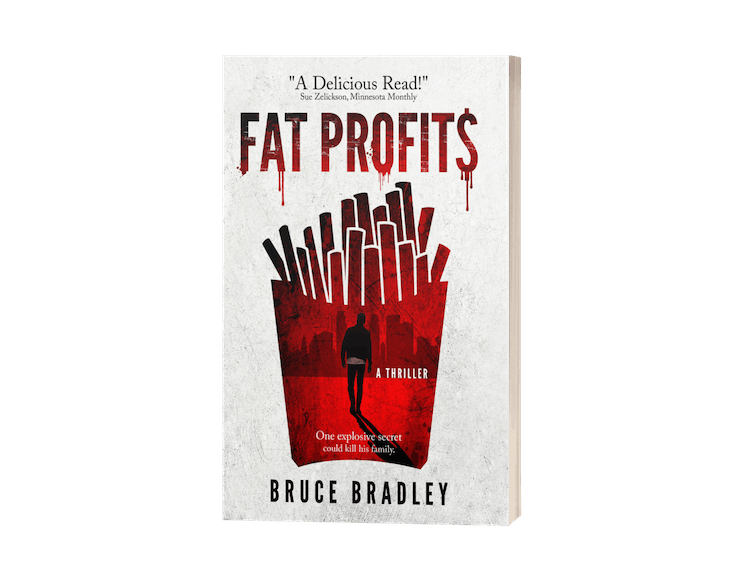
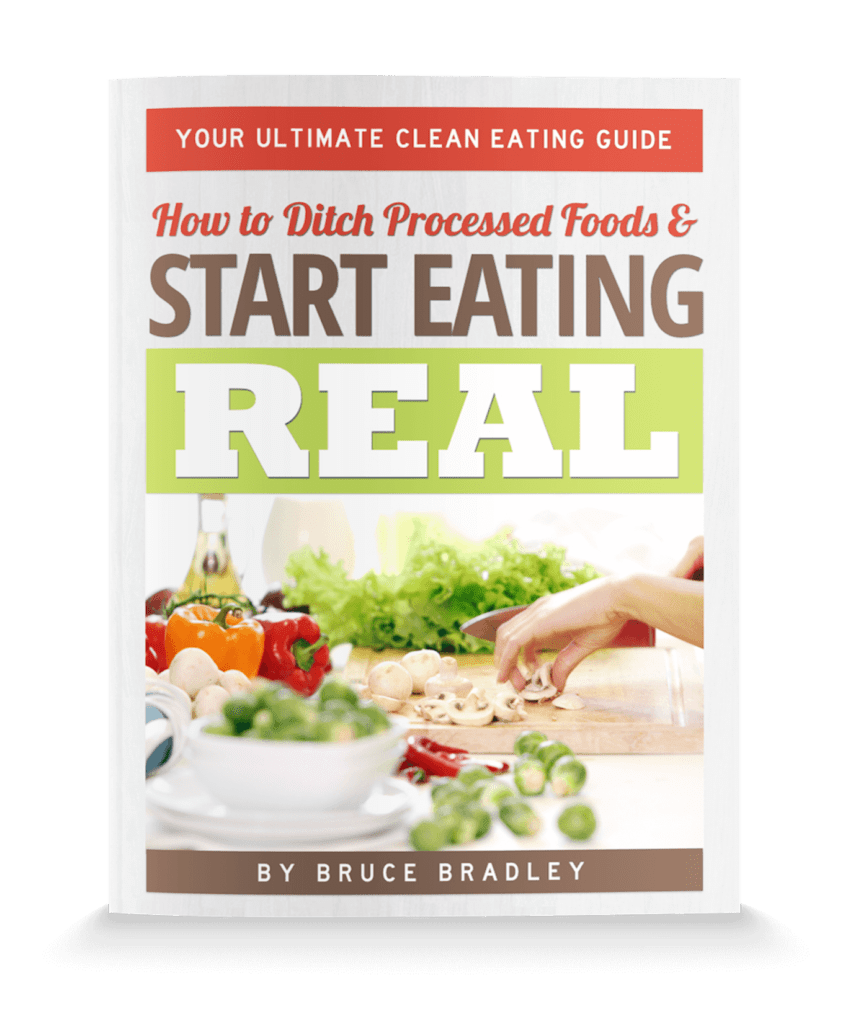

2 Responses
The problem we’re facing with our food system is a deep, cultural one. – it is true – suppliers want to increase profits and should make the food more tasty so you eat more than you really need ,pay more , and later pay doctors more – circle of samsara…..
And here I am, addicted to tomato juice, of all things.